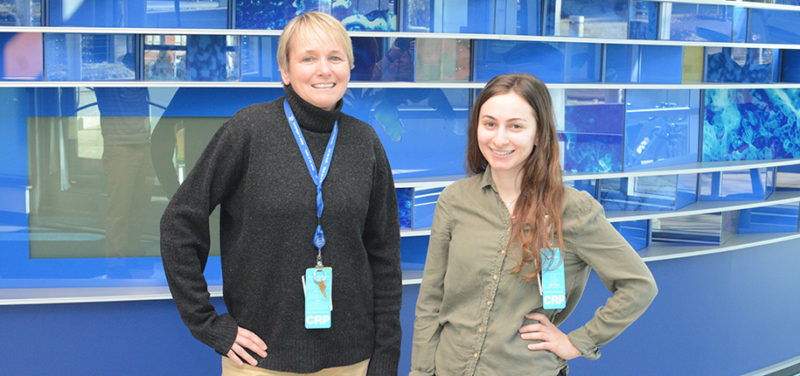
Photo: Becky Imbus (left) and Lauren Kirgis (right).
It takes a lot of different people to make research happen at Cincinnati Children’s. One type of research professional is the clinical research coordinator, or CRC. The Radiology Department’s CRCs are located in our Imaging Research Center. They are responsible for many different things: informing participants on the details of a study and their rights, making sure the study follows federal regulations and organizing data, just to name a few.
“Every day looks a little bit different,” says Lauren Kirgis, CRC II, “and that is something that I really enjoy. Some days I have study visits that can take up several hours of the day. I would say that most days I am at my desk recruiting, building study documents for upcoming studies, scheduling, maintaining regulatory materials, and going to team meetings.”
Related Articles:
In addition to variety, CRCs point out that they love meeting lots of different people in our hospital and community. Working on several different studies allows them to do this. While meeting new people is great, many of the studies that we do at Cincinnati Children’s involve very sick children. Our passion is to not just help heal these sick children, but to research ways to prevent and cure their illnesses. One of the most difficult tasks for a CRC comes when they need to approach families who have recently received devastating news about their child. When Becky Imbus, CRC IV, finds herself in these situations, she always ask herself, “What is this patient experiencing right now?” “What are the parents feeling… fear, anger?” “How would I feel about someone approaching me to have me or my child be involved in research?” Empathy and situational awareness is very important in this role.
We reimburse participants for many of our studies. Becky likes hearing stories from kids as to why they want to participate in studies. “I have had kids tell me that they have a friend who has a particular disease and that this study may someday help their friend. Of course, there is also the reimbursement for these studies. Kids have shared with me that they are saving for summer camp, a laptop, a special new pair of Nike shoes. I think that for most kids, participating these studies gives them a sense that they are doing something good for someone else.”